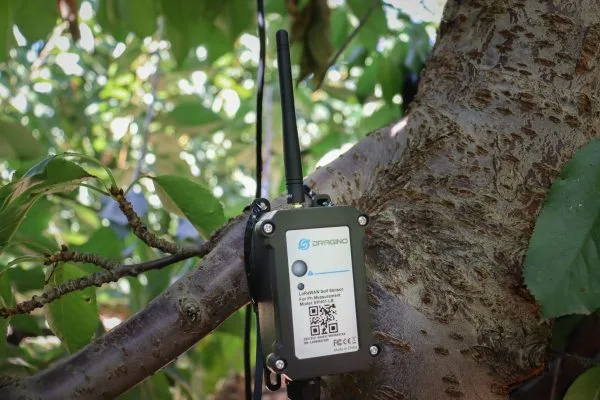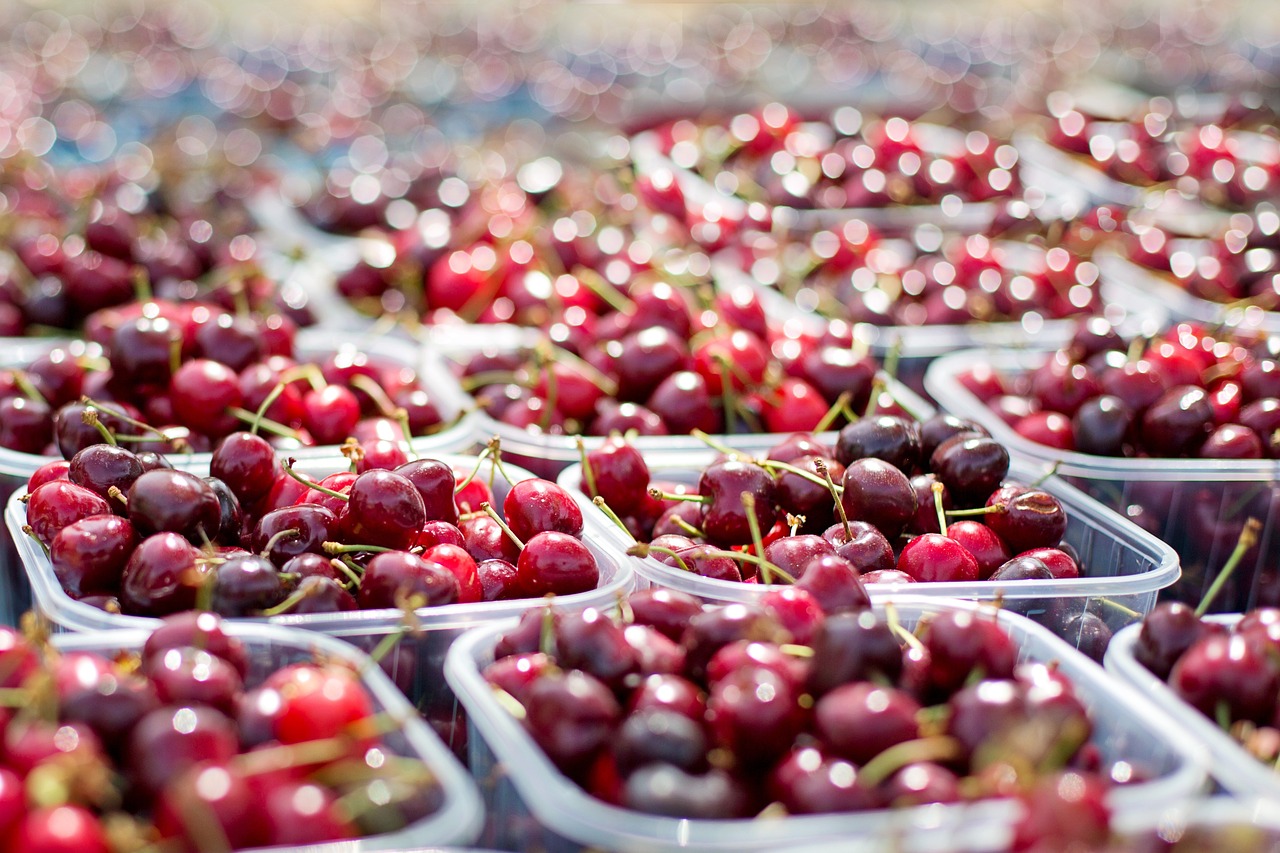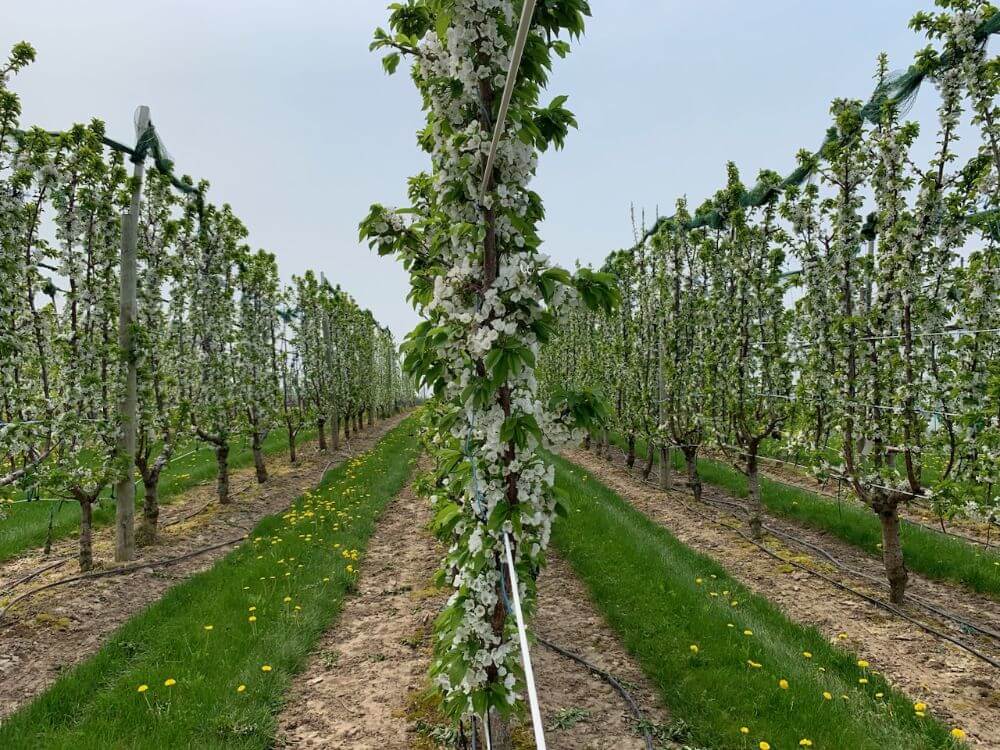Funded by the Innovation and Competitiveness Fund (FIC) of the Regional Government, a new project aims to improve planning and strengthen the position of cherry producers in the O’Higgins region, Chile, by providing objective and reliable data.
The O’Higgins region continues to be the main production and export hub for cherries in Chile, contributing approximately 47% to the national production. Municipalities such as San Fernando and Rengo lead in cultivated area.
To consolidate this leadership and face growing global competition, the University of O’Higgins has launched the project “4.0 Technology Transfer for Risk Management in the Cherry Value Chain in the O’Higgins Region”.
Artificial Intelligence and Computer Vision Serving Agriculture

The project introduces advanced technologies to overcome historical challenges such as the lack of detailed information for strategic decisions and the shortage of skilled labor.
Key innovations include LoRaWAN sensors, capable of detecting real-time critical variables such as temperature, humidity, and cold accumulation. This will allow producers to precisely adjust irrigation and harvest planning.
Additionally, drones and cameras equipped with computer vision systems will automate the counting of buds, flowers, and fruits, enabling accurate estimates of yield and cherry quality.
This will help not only to avoid errors in planning but also to improve negotiations with exporters by providing reliable and objective data.
A Technological Leap for Regional Producers
María de los Ángeles Rodríguez, researcher and project coordinator at the University of O’Higgins, described the initiative as a true “technological leap”.
She emphasized that the project will not only make advanced technologies such as artificial intelligence and computer vision accessible but will also help small and medium producers compete with large operators, improving efficiency and quality.
“We want O’Higgins to continue being internationally recognized for its high-quality cherries and for our farmers to face climate and market challenges with cutting-edge tools,” she stated.
San Fernando and Rengo at the Forefront
The project will start in the municipalities of San Fernando and Rengo, where producers will benefit from precise and automated data to improve harvest quality and better address climate fluctuations.
This will allow them to maintain competitiveness in international markets.
With this initiative, the O’Higgins region not only strengthens its role as a leader in cherry production in Chile but also positions itself as an example of applying 4.0 technologies for modern, more efficient agriculture.
Source text and images: Redagricola
Cherry Times - All rights reserved











